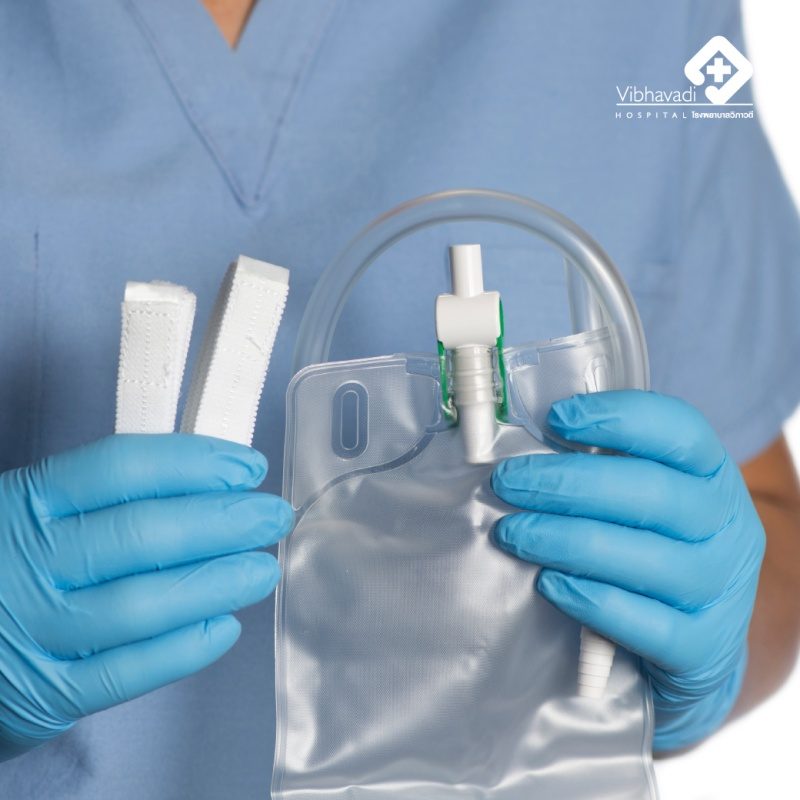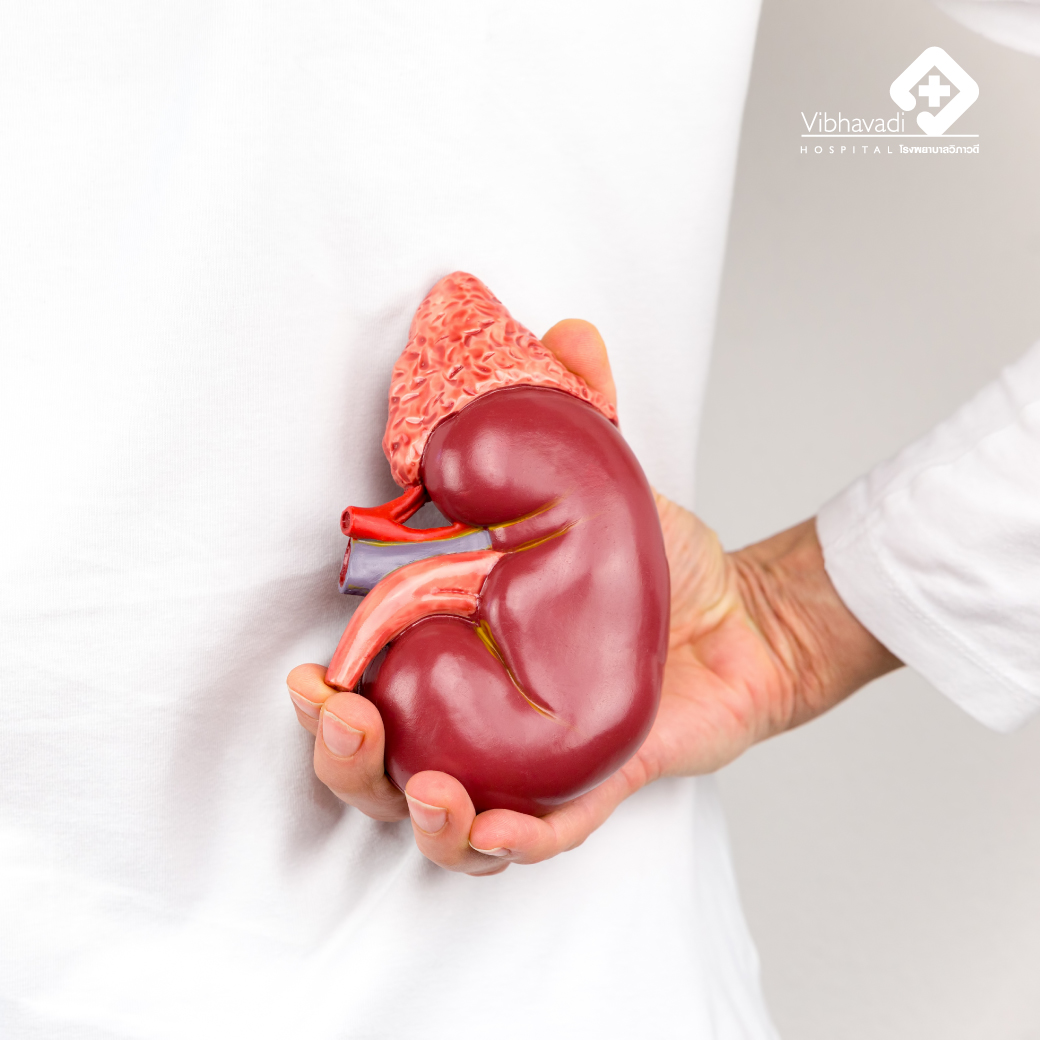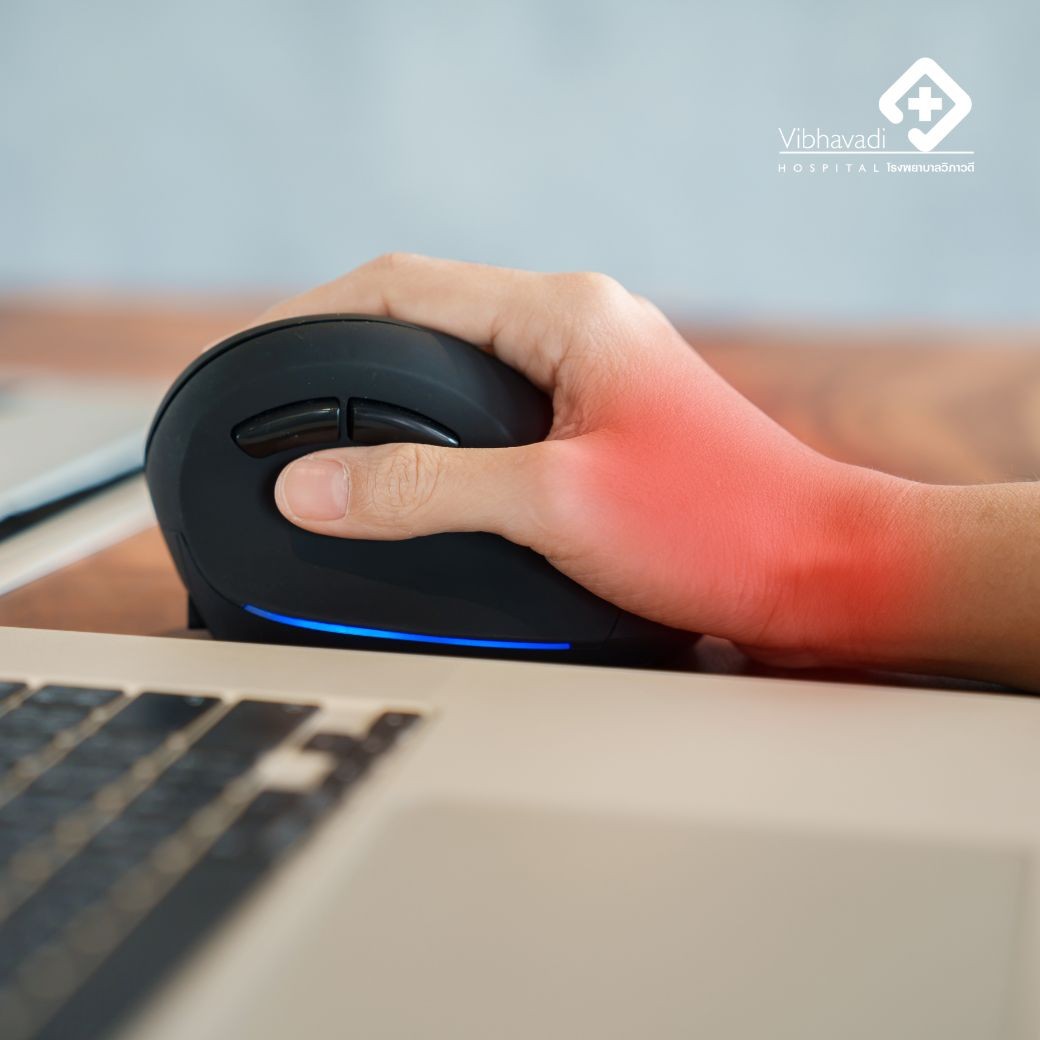












Understanding Gastroesophageal Reflux Disease (GERD) and Recommended Treatment
Gastroesophageal reflux disease (GERD) is a condition characterized by the secretion of stomach acid for digestion. Normally, stomach acid should not reflux into the upper esophagus. However, in abnormal conditions, it may reflux through the upper esophageal sphincter, leading to esophagitis and ulceration (erosive esophagitis) or non-erosive esophagitis.
In some cases, the acid may also reflux into the throat and larynx, causing laryngopharyngeal reflux (LPR). This can result in various issues due to the delicate laryngeal mucosa and sensitive trachea, which are less tolerant of acidic conditions. It may even cause problems in the respiratory system and lungs.
Several factors or behaviors can trigger symptoms of acid or gastric juice reflux from the esophagus, regardless of whether the person is eating or not. These symptoms can be observed in individuals of all ages, from infants to adults.
Causes:
- Hiatal hernia (a condition in which the upper part of the stomach protrudes into the chest cavity, leading to improper closure of the lower esophageal sphincter)
- Drinking alcohol and smoking
- Consuming fatty foods
- Pregnancy or taking certain medications like aspirin
- Consuming sour and spicy foods
- Chocolate, coffee (including decaffeinated), and fried foods
- Onions, garlic
- Tomatoes or tomato sauce
- Peppermint
Symptoms:
1. Digestive Symptoms:
- Burning pain in the chest, often referred to as heartburn, which can sometimes radiate to the neck and shoulders
- Feeling of a lump in the throat
- Swallowing difficulties or pain during swallowing
- Persistent sore throat or burning sensation on the tongue, especially in the morning
- Bitter taste of bile or sour taste of acid in the throat or mouth
- Constant throat irritation or the sensation of phlegm in the throat
- Frequent belching, nausea, or regurgitation of food or stomach contents into the chest or throat
- Feeling of tightness in the chest, similar to indigestion
2. Laryngeal and Pulmonary Symptoms:
- Chronic hoarseness or morning hoarseness, resulting in an abnormal voice
- Chronic cough
- Nighttime cough or sensation of choking
- Frequent coughing
- Aggravation of existing asthma symptoms or lack of improvement despite medication
- Chest tightness or chest pain (non-cardiac chest pain), resembling a lump in the throat
- Occasional pneumonia
These symptoms may vary in intensity and frequency. It is advisable to consult an otolaryngologist who can examine the ear, nose, and throat for any abnormalities in the larynx and throat. The specialist will recommend suitable treatment and further steps to address the condition.
Treatment Options for Acid Reflux and GERD
The treatment of acid reflux depends on the symptoms and overall health of each individual. Generally, there are three main principles of treatment:
1. Behavior Modification:
- Weight loss is recommended for overweight individuals, as excess weight increases abdominal pressure and contributes to acid reflux.
- Quitting smoking is important, as smoking promotes acid production.
- Wearing loose-fitting clothes helps prevent abdominal pressure.
- Avoiding exercise or heavy lifting immediately after meals.
- Refraining from eating within three hours before bedtime.
- Avoiding fried foods, onions, garlic, tomatoes, chocolate, nuts, candies, butter, eggs, spicy and sour foods, as well as tea, coffee, soft drinks, beer, and spirits.
- Elevating the head of the bed by 6-10 inches, without using a pillow to support the head, as it can increase abdominal pressure.
2. Drug Treatment:
- Antacids are commonly used for mild symptoms.
- Proton Pump Inhibitors (PPIs) are highly effective in reducing acid production. Treatment duration may range from 1-3 months. Commonly prescribed medications include Omeprazole, Lansoprazole, Pantoprazole, Rabeprazole, and Esomeprazole.
- Avoiding medications that increase stomach acid secretion or weaken the sphincter, such as aspirin, NSAIDs, and high-dose vitamin C.
- If symptoms persist despite medication, additional tests like stomach powder swallowing and gastric endoscopy may be necessary.
3. Surgical Treatment:
- Surgery is considered for patients with severe symptoms when other treatment methods have been ineffective.
- Surgical techniques aim to reduce acid reflux.
Lifestyle Behavior Modification:
- Hygienic eating habits include avoiding skipping meals and eating slowly, chewing food thoroughly, and engaging in light physical activity like walking after meals. It is recommended to avoid lying down immediately after eating, especially during the first three hours, to prevent stomach and esophageal alignment and acid reflux.
- Weight control is important, as excess abdominal fat increases the likelihood of acid reflux. Maintaining a healthy weight and managing waist circumference through muscle building and fat reduction are beneficial.
- Abstaining from alcohol and smoking, as nicotine and alcohol stimulate acid production and can lead to stomach and esophageal inflammation.
- Avoiding lying down after eating, particularly after consuming new foods.
- Wearing comfortable clothing that is not too tight to prevent increased abdominal pressure and stomach distension.
- Raising the head of the bed by at least 6 inches.
- Engaging in regular exercise, allowing at least 30 minutes to 1 hour after eating before exercising.
- Managing stress levels to promote overall well-being, as stress may contribute to symptom relapses.
Duration of Treatment:
- Most patients require treatment for a period ranging from 6 weeks to 6 months.
- Some individuals may experience complete symptom resolution and can discontinue medication for months or even years, depending on habit and environmental modifications.
- It is important to understand that the disease may completely resolve or recur.
Complications of Acid Reflux and GERD
Untreated acid reflux and GERD can lead to various complications, including:
1. Esophageal Inflammation:
- Inflammation of the esophagus can result in the formation of ulcers, leading to bleeding and narrowing of the esophagus. This can make swallowing difficult and uncomfortable.
2. Respiratory Issues:
- Acid reflux can exacerbate lung diseases such as asthma, causing worsened symptoms, including chronic coughing and an increased risk of developing pneumonia.
Physician
Dr. Duangporn Chokmongkolkit, M.D.
Gastroenterologist at Vibhavadi Hospital














